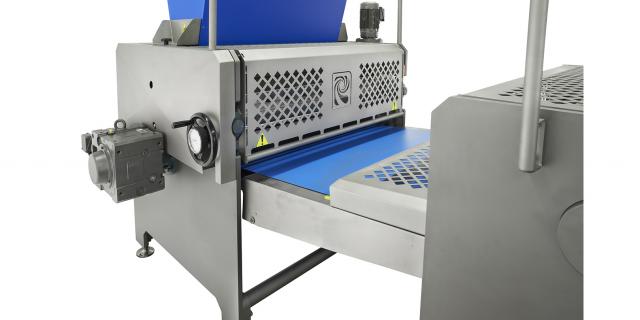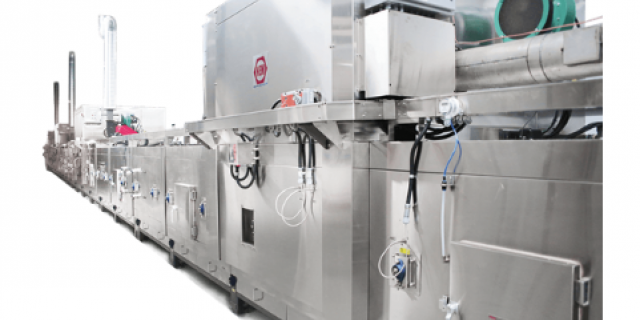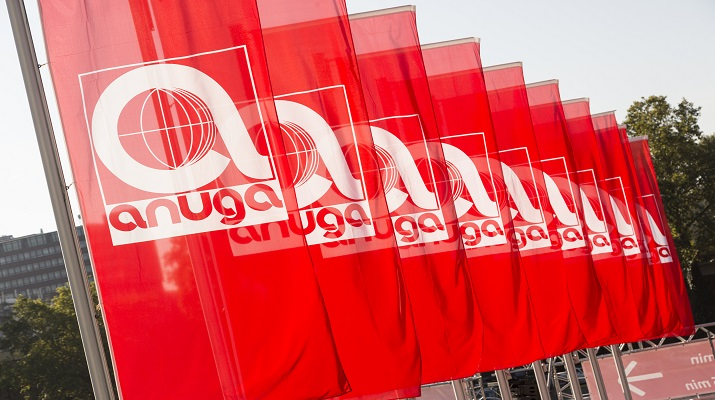
Anuga Executive Summit: top-class prelude on the eve of Anuga
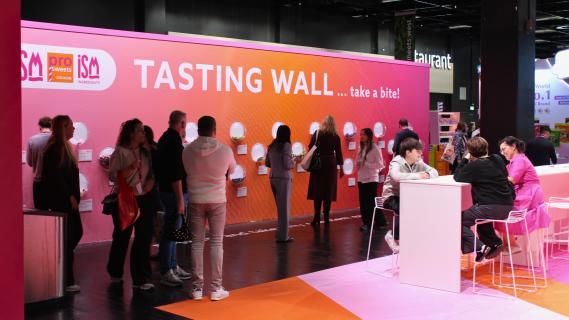
ISM Cologne 2026 united 1,790 exhibitors and 32,500 visitors, highlighting a shift toward functional biscuits, sustainable sourcing, and integrated ma...
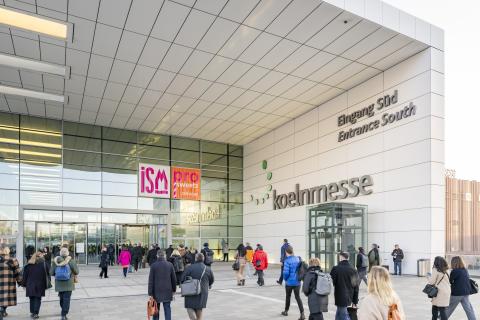
ISM 2026 sets new benchmarks with 1,600+ exhibitors from 74 countries. Explore the new "ISM Ingredients" platform and functional trends in biscuit ind...

High turnover awaited at EXPO 2020 - Innovation Award honors trend products - Innovative online Matchmaking



